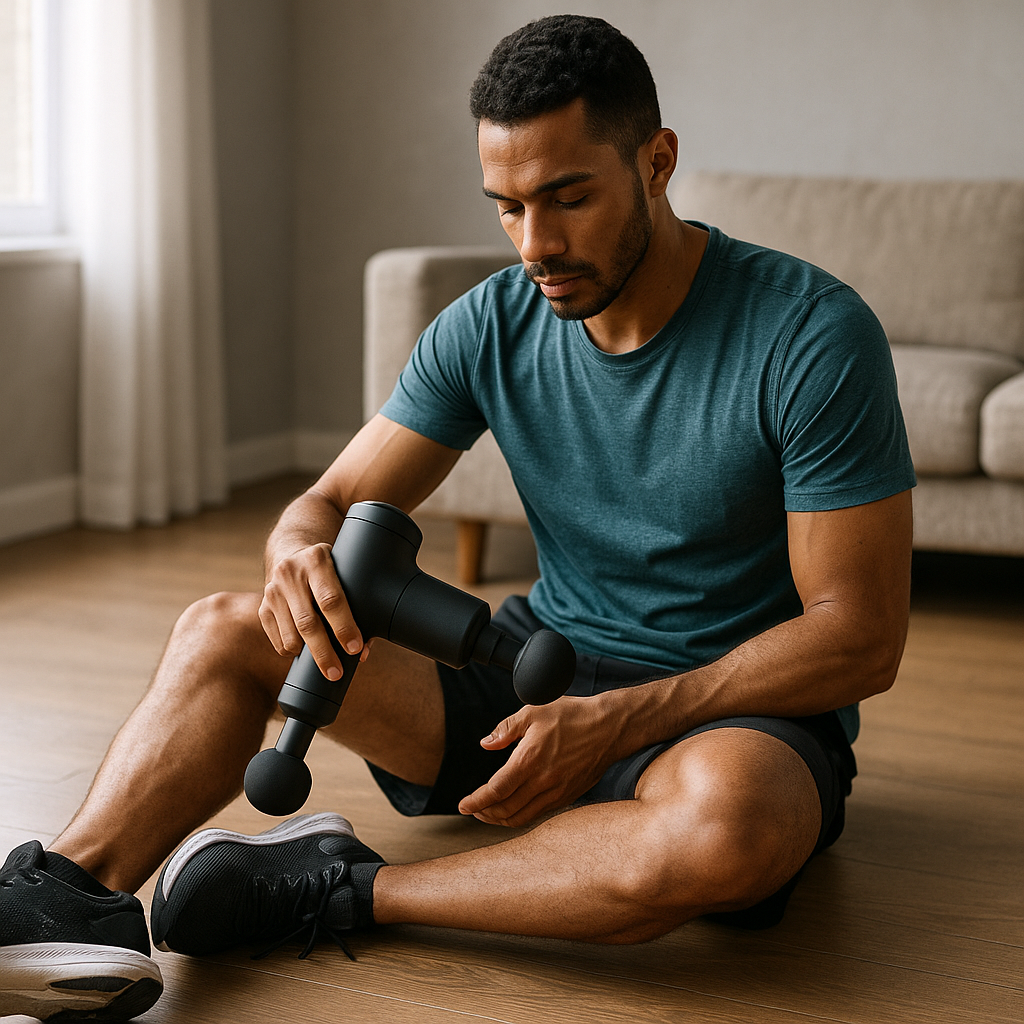**”The Rhythm of Recovery: How Music Enhances Your Workout Recovery and Performance”**

# The Rhythm of Recovery: How Music Enhances Your Workout Recovery and Performance
When it comes to fitness, many of us are well aware of the importance of warm-ups, cool-downs, and proper nutrition. Yet, there’s another powerful tool that often gets overlooked in the quest for optimal performance and recovery: music. The relationship between music and physical activity is a fascinating one, and as research continues to emerge, it becomes increasingly clear that music can significantly enhance workout recovery and overall performance.
## The Science Behind Music and Exercise
Listening to music while exercising is a common practice; it can elevate mood, distract from fatigue, and increase endurance. But the benefits of music extend far beyond the gym. According to a study published in the *Journal of Sports Sciences*, music can also play a crucial role in recovery. The rhythm and tempo of music can impact physiological responses, helping to regulate heart rate, blood pressure, and even the perception of pain.
When engaging in physical activity, our bodies undergo a stress response, which can lead to muscle fatigue and soreness. Music can help mitigate these effects by promoting relaxation and reducing cortisol levels, the hormone associated with stress. As a result, integrating music into your post-workout recovery routine can not only enhance your mental state but also facilitate physical recovery.
## Benefits of Using Music for Workout Recovery
1. **Enhanced Mood and Motivation**: Music has the power to uplift our spirits. After a tough workout, listening to your favorite tracks can improve your mood, making the recovery process more enjoyable. This positive emotional state can encourage you to stick with your fitness regimen.
2. **Reduced Perception of Pain**: Studies have shown that music can distract individuals from pain. This phenomenon, known as the “distraction hypothesis,” suggests that engaging with music can alter our perception of discomfort, making it easier to manage post-workout soreness.
3. **Improved Relaxation and Sleep**: Relaxing music can help lower heart rates and promote deeper breathing, facilitating a quicker transition into a restful state. Quality sleep is crucial for recovery, and incorporating calming music into your evening routine can lead to better sleep quality, which, in turn, aids muscle recovery.
4. **Enhanced Blood Flow**: Listening to music can increase blood circulation, which is critical for delivering oxygen and nutrients to muscles. Improved blood flow can speed up the removal of metabolic waste products, further aiding recovery.
5. **Increased Focus and Mindfulness**: Engaging with music can help you stay present and grounded. This mindfulness can be especially beneficial during recovery, allowing you to better tune into your body’s needs and adjust your post-workout routine accordingly.
## Tips for Incorporating Music into Your Recovery Routine
1. **Create a Post-Workout Playlist**: Curate a playlist of songs that resonate with you. Aim for a mix of upbeat tracks for motivation and slower, calming songs for relaxation. Consider the tempo: slower music (60-80 BPM) is often best for winding down post-exercise.
2. **Use Music for Stretching**: Incorporate music into your stretching routine. As you stretch to the rhythm of your favorite tunes, you may find yourself more relaxed and in tune with your body. This can enhance flexibility and prevent stiffness.
3. **Listen to Guided Meditations or Soundscapes**: Explore music designed specifically for recovery, such as guided meditations, nature sounds, or ambient music. These can help foster a calming environment that enhances relaxation and restorative practices.
4. **Experiment with Different Genres**: Different types of music can evoke different emotional responses. Experiment with genres like classical, jazz, or ambient electronic music to find what resonates most with you for recovery.
5. **Mindfully Engage with the Music**: Take some time to actively listen to your chosen music. Focus on the instruments, lyrics, and rhythm. This mindfulness can deepen your relaxation and enhance the overall recovery experience.
## Conclusion
Incorporating music into your















Post Comment